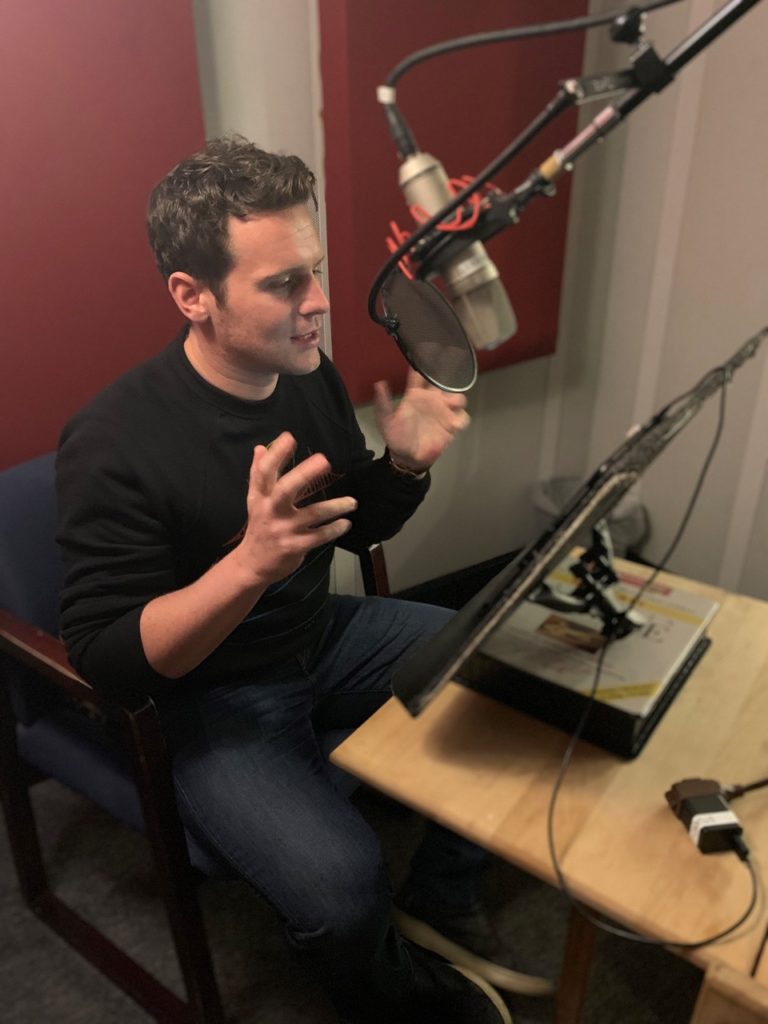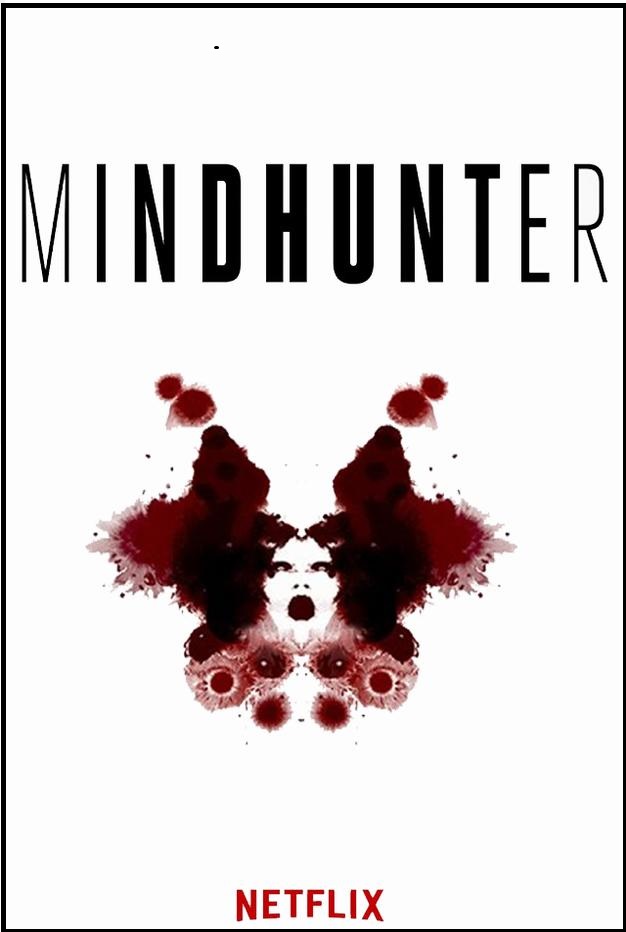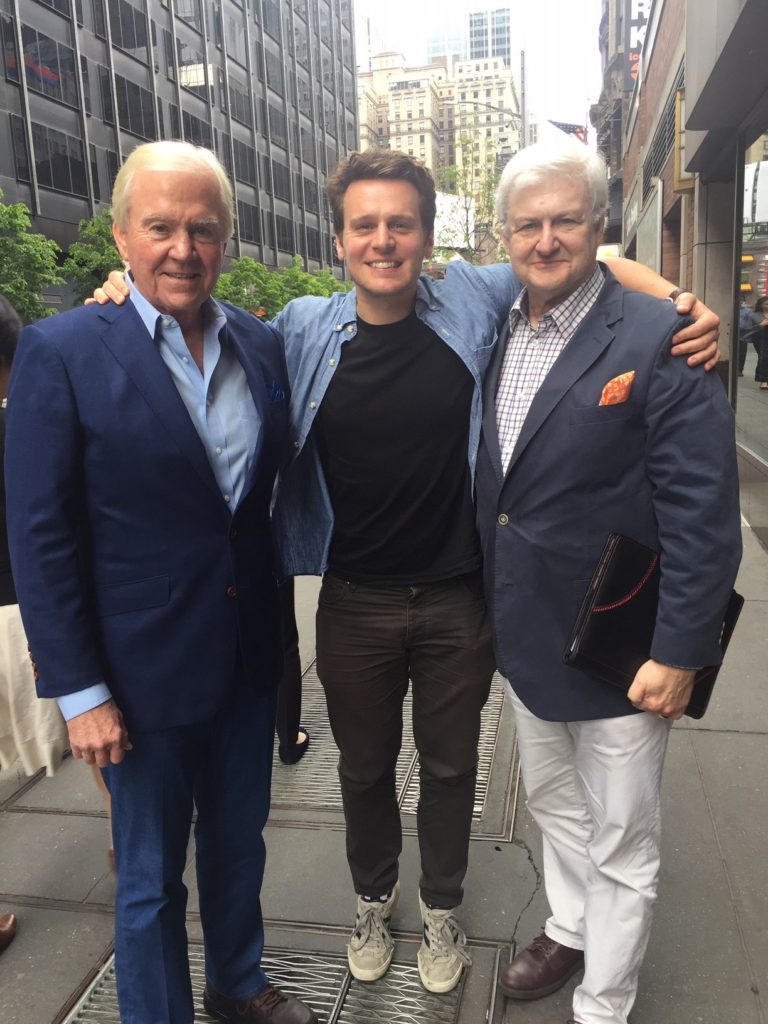For those of us alive then and old enough to remember, November 22, 1963, marked the greatest single turning point in our lives and the life of the nation. It was, in a very real sense, the end of the muscular, optimistic 1950’s and the beginning of the revolutionary, war-torn and strife-riven 1960’s – a decade that itself can be said to have lasted through President Richard Nixon’s resignation in 1974. Much of what was to follow would have happened even if President John F. Kennedy had lived – Vietnam, Civil Rights, Feminism – but perhaps without the skepticism and cynicism that so belied our aspirations to the Age of Aquarius.
It seemed to defy logic and reason, as well as the natural order of the universe, that so huge an effect could result from so small and tawdry a cause as the insignificant, 24-year-old loser Lee Harvey Oswald. The notion became all the more pointed two days later when another seeming loser, 55-year-old low-life strip joint owner Jack Ruby, easily worked his way into the crowd surrounding the heavily guarded Oswald and pulled the trigger. Clearly, he was there to shut up the conspiracy’s “patsy.”
It’s certainly what I believed, as did just about everyone I knew.
But that was before I learned to challenge assumptions by looking at evidence, a discipline I learned and adopted working as a young journalist during the Watergate era, then as a documentary filmmaker, and certainly when I came into contact with John Douglas and his rigorous methods of criminal investigative analysis. Part of maturity is understanding which myths to hold onto and which to discard. And the myth of the Kennedy Assassination Conspiracy, the most prevailing conspiracy myth in the nation’s history and the one that shaped my formative years, was one I had to let go.
There have been an almost uncountable number of books written about the lives and events surrounding those six-and-three-quarter seconds in Dallas, so I am not attempting to recapitulate every idea or theory. Three of the best books have been written by close friends of mine – Norman Mailer’s 1995 Oswald’s Tale, Gus Russo and Stephen Molton’s 2008 Brothers in Arms and James Swanson’s current End of Days. Other excellent works are Edward J. Epstein’s 1992 The Assassination Chronicles: Inquest, Counterplot and Legend, Gerald Posner’s 1993 Case Closed: Lee Harvey Oswald and the Assassination of JFK and Vincent Bugliosi’s 2007 Reclaiming History: The Assassination of President John F. Kennedy.
Let me just note a couple of points.
Lee Harvey Oswald had the motive, means and opportunity to kill President Kennedy. He conforms perfectly to the assassin personality type that the FBI and Secret Service developed and that John and I described in The Anatomy of Motive.
He was an average shot by Marine Corps standards, which means an excellent shot by everyday standards. Contrary to the myth that his speed was superhuman, his act of getting off three shots in less than seven seconds with a scope mounted, bolt action rifle has been duplicated and surpassed many times in test situations.
Oswald was the last individual any group of conspirators would choose to include or depend on, even as a dupe. You couldn’t trust him. If you’re an agent, you’re not even going to develop someone like Oswald. He’s too unreliable, too unpredictable, he’s changed his mind too many times. He’s got too many personal problems and he’s not very smart.
As far as a CIA conspiracy, there is absolutely zero evidence. Contrary to the myth, Kennedy was the CIA’s kind of leader; he believed firmly in counterinsurgency. And as an inside source told James Swanson, if the Agency had been behind Oswald, he would have disappeared or been dead within the hour. You can’t disprove a negative, but organizations this big, with this many rival factions, cannot keep this elaborate a secret for 50 years. This is even more true of the Mafia, which tends to stay away from killing cops, much less presidents.
And if you were going to silence Oswald, you wouldn’t choose a Jack Ruby to do it, who was almost as pathetic as Oswald himself. It wouldn’t be someone who first goes to Western Union and stands in line for a money order before ambling over to the police station when he is finished to carry out his critical and deadly assignment. Was Ruby such an acknowledged tough and stand-up guy that he could be counted on not to blab about the conspiracy he was supposedly a key part of? Why didn’t anyone try to take him out?
Perhaps the greatest myth is the so-called “magic bullet,” which passed through President Kennedy’s neck and Governor John Connolly’s body and wrist without deforming. For one thing, it was deformed. For another, it conformed to the ballistic signature of Oswald’s Mannlicher-Carcano rifle. For a third, extensive tests demonstrated that it performed “exactly” as a bullet of that caliber and composition would be expected to perform.
For whatever karmic reason, all the luck was with Lee Oswald that day, including his recently acquired job at the Texas School Book Depository overlooking what was one of several possible motorcade routes; the fact that President Kennedy was wearing a stiff and heavily corseted back brace that prevented him from pitching forward or slumping over after the first, nonfatal shot; the limousine driver’s slow reaction time in not speeding up or swerving the vehicle at the sound of the first shot; and the fact that he had not been connected with his first assassination attempt, the failed sniping of General Edwin Walker around seven months earlier. We could go on and on with this list.
But it’s time to forget theories, speculations and paranoias. Let’s deal with facts.
Could others have influenced Oswald in some way? Certainly. Could Oswald have confided his plans to Cuban operatives in Mexico City who did not believe he could or would carry out the crime, as Gus Russo suggests? Completely plausible.
The bottom line, though, is that there is not one shred of credible evidence to suggest that anyone other than Lee Harvey Oswald participated in the assassination of President John F. Kennedy, and a mountain of evidence proving that it was he who fired the fatal shot. This, unfortunately, implies that there is no grand plan, and that we are all at the mercy of capricious fate and the randomness of life. But accepting that is also part of maturity.
As Norman Mailer suggests in Oswald’s Tale:
“It is virtually not assimilable to our reason that a small lonely man felled a giant in the midst of his limousines, his legions, his throng, and his security. If such a non-entity destroyed the leader of the most powerful nation on earth, than a world of disproportion engulfs us, and we live in a universe that is absurd . . . the sudden death of a man as large in his possibilities as John Fitzgerald Kennedy is more tolerable if we can perceive his killer as tragic rather than absurd.”
History is elusive, but though it is painful to admit even 50 years later, the sad fact is that John F. Kennedy was killed by a no-count loser who becomes significant only in his perverse luck and once-in-his-lifetime effectiveness in destroying our collective hopes and dreams.




























I do believe Oswald was the only one targeting the President that day and there was no conspiracy involved. I also believe the head wound was fired by a different weapon and individual, Secret Service agent George Hickey. Not an intentional shot, not meant with malice or agenda, but tragically an accident caused by mishandling a weapon.
Fact: Hickey denied he was holding the rifle until going under the overpass on the way to Parkland Hospital. This was after all the shots had taken place.
Fact: A photograph shows Hickey holding the rifle while still in the motorcade route, way before the overpass.
Fact: Secret Service chief James Rowley admitted at the Warren Commission that AR-15s were no longer used inside protection vehicles since the assassination.
Fact: X-rays showed bullet fragments found inside Kennedy’s skull, proving the bullet disintegrated on impact. A different caliber of ammo than what Oswald was using.
Opinion: There are many more facts to be listed, but in my opinion the above listed are the facts to start investigating. I believe Hickey had grabbed the rifle when the second shot rang out, was holding it waist high looking back in the direction of the School Book Depository, and the weapon discharged hitting President Kennedy in the head. I think the Secret Service covered it up only to keep the public from knowing the ineptitude of their agency.
I’m a huge fan of Mark and John’s work, so I’m surprised to find myself in such disagreement on this one. The single gunmen proponents (like Mark above) are always quick to describe Oswald as “pathetic” and a “loser”.
This is hardly sufficient analysis, especially for a criminal profiler. For one, for such a loser Oswald was very motivated. By the time of his death at 24 he had served in he Marines, defected to the Soviet Union at the height of the Cold War, learned Russian, defected BACK to the U.S. (no easy feat for an avowed traitor) where he lands in New Orleans, hangs out with known anti-Communists, and lands a minimum wage job at the precise location the Presidential motorcade will drive by 54 days later.
There could be explanations for all this, and the Book Depository position may just be one of history’s cruel quirks. But a full explanation of Oswald as Lone Gunmen needs to go much further than labeling him a loser. You have to admit his biography is fairly unique.
Not to mention, how does a behavioral profile of Oswald as an underachieving loser who was desperate to shape history account for the fact THAT HE ADAMANTLY REFUSED TO TAKE CREDIT FOR IT! Surely a “loser” who had just achieved his greatest triumph would be proud of his accomplishment.
The Unabomber had a Manifesto. Most politically-motivated murderers are proud of their crimes and are certain history will vindicate them. Why would he diminish it by referring to himself as a “patsy”?
Just some more things to think about. I doubt the book will ever be fully closed. Keep up the good work on the site (particularly the Knox coverage). I’m a big fan.
You bring up interesting questions, Red, to which I probably won’t do real justice in this brief space, but here goes.
“Pathetic loser” is probably a term of art that should be explained in light of your comments. Yes, Oswald did serve in the Marines, did defect to the Soviet Union and did come back. He did travel, organize and proselytize. I will only add that he was dissatisfied and disgruntled every step of the way. He hated working in the Minsk radio factory to which he had been assigned, and that was part of the reason he left. He had been disillusioned with capitalism and disillusioned with Communism. His last hope for working Marxism was Cuba, which didn’t seem to want him. Even his wife didn’t want him, as she made clear the night of November 21. And yes, his job at the School Book Depository was one of history’s cruel jokes. As far as him not admitting to the crime, I do not believe he expected to be caught, and was still thinking his way through his situation. Even someone who wants the glory is not going to give in to the police right away, and all reports say that Oswald was steely tough during interrogation. He gloried in “outwitting” the police in the Edwin Walker assassination attempt, and was doing the same here. Referring to himself as a patsy was further manipulation on his part.
The BTK Strangler was extremely proud of his crimes, but would not admit them publicly, though had Oswald been put on trial, I think he would have gloried in that as well, rather than copping a plea to save his life as the cowardly Denis Rader did.
And I agree with you, this book will never be fully closed. Thanks for you comments and please keep them coming.
Yep, like Mark I used to believe it was probably a conspiracy like nearly everyone did until I got in college and after and looked at the….evidence. I felt so cheated by what in my opinion were these bozo’s who made up these ‘theories’ just to enrich themselves.
I came across a great book on the assassination while researching it….The Day Kennedy Was Shot…by long respected news reporter, editor, columnist, historical book writer…Jim Bishop. What I thought so great about it is that it was published in….1968! Only 3 1/2 years after the event and at that early stage already debunked the conspiracy theorists whose books hadn’t even come out yet!
It’s old time news reporting is unflinching and direct, incredibly detailed, based only on evidence, it is well researched, contains all the evidence, is footnoted, indexed, done with the cooperation of Mrs. Kennedy. It covers and explains all the silly points the conspiracy theorists would later come up with.
I’m sure the recent books explaining on how Oswald really after all did ‘do it’ are fine but I always think in history the closer a book of what really happened is to the historical event the more accurate it is. If I would have read Bishops book 1st I never would have doubted Oswald did it.
P.S. I’m not plugging his book he died in 1987 and it should be available free in libraries etc.
Excellent points, Watson, and yes, Bishop’s book is one of the best. The problem, as you and others have suggested, is that books presenting good reporting, evidence and reasoning will only influence those, like yourself, with open minds. I can’t tell you how many times I spoken about a case – be it Kennedy, Ramsey, WM3, Amanda Knox, you name it – and someone will say, “Yes, but . . .”, ignoring all evidence. Sadly, evidence never gets in the way of true believers; it can always be explained away.
Thanks for your comments.
Glad that you posted a recap of Mr Douglas’ take on the shooting. I’ve looked at the evidence from time to time, and nothing has convinced me of a conspiracy. Indeed those of us that spent any time investigating finds that conspiracies are poorly kept.
As for the Cubans suspecting or knowing, there is the former chief of Cuban Intelligence who claims all surveillance was switched to Washington and Dallas on the day of the assassination. Most in the international correspondent community have had suspicions that the Cubans may have known about the attempt.
My skepticism is that the route was changed. How would the Cubans know? Why wouldn’t they have switched their surveillance throughout the duration of Kennedy’s visit?
I’m skeptical of Cuban control of the events, but after listening to Brian Latell on the extent of the Cuban Intelligence’s achievements, and our underestimation of their competency, I wonder if they acting like terrorists groups trying to influence lone wolves in our country. While Mr. Douglas and company has quantified criminal behavioral profiling, he is well aware from working with Patrick Stewart on his portrayal of Othello that other in the past had an intuitive sense of these types.
Sorry, but this theory ignores history. After the Cuban Missile Crisis, one of the agreements was that we would not invade Cuba. More importantly, Castro and Kennedy were having back channel negotiations. http://pri.org/stories/2013-11-21/how-kennedys-assassination-ended-hopes-reconciliation-castro The last thing in the world Castro wanted was to have Kennedy assassinated. If he had a scintilla of a hint, he would have been running to Washington himself to warn Kennedy. Furthermore, Castro would never have done anything that extreme without Khruschev’s approval. In 1963 Kennedy and Khruschev had a pretty good relationship. In fact, Khruschev cried when he heard that Kennedy was dead. This theory doesn’t pass my previously mentioned smell test.
I was only 6 years old in first grade that Friday. I think I remember it clearly because a young teacher who entered our classroom to inform our teacher was crying.
Seems pretty straight forward when you take out all the conspiracy theories and look at it from a logical perspective.